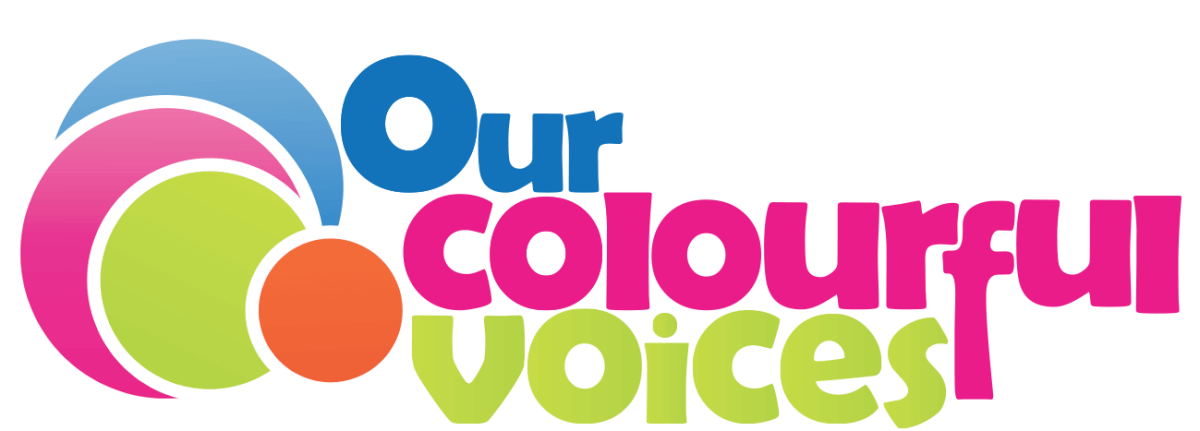Education of Rights
Currently in the Americas, there are few States that effectively educate their youth and general population about their rights and how to uphold them. This has profound implications to the treatment of our citizens and the continued development of basic human rights and children’s rights globally. While this has been recognized as a global priority, action is still slow for an array of reasons.
There are multiple pieces of international legislation that have the aim (typically among many) to educate population about their rights Human Rights Education (HRE). Unfortunately, the vast majority of people don’t receive what I would consider an appropriate education of their rights. Through my research, I have found that many teachers do not feel that they have the proper training or resources to teach this vast topic. This can be attributed to our governments not providing the proper resources to support HRE. Despite the fact that human right violations don’t occur frequently n well-developed or wealthy nations, the issue of a lack of education of rights still exists in every country because our politicians and policy makers do not prioritized HRE.
The main reason that politicians don’t change laws to provide support to teachers or implement legislation is because there is minimal international and domestic pressure for them to take the effort to change this. The only way this can change is if the international community and the citizens they represent place pressure on them to change the way they deal with HRE. What this means is that one of the most effective ways you and I can change this is by sending letters to our representatives in government.
HRE is a complicated and vast topic because it has multiple facets. For example – what our rights are, how rights protect our communities, what to do if you don’t feel your rights are being respected, or who is responsible for the protection of rights. These many topics can be hard to grasp for youth and need time to cultivate and be reinforced throughout the education system. Some of the key aspects can’t be taught, but need to be modeled, like having the courage to stand up and talk about right’s or working alongside a government.
This is such a complicated issue covering an even more complicated topic that even someone like myself who is involved in human rights has trouble grasping the subject. So I would encourage research into the topic and a universal education program of human and children’s rights. If you wish to make a difference the best thing to do is to educate yourself and to send a letter to your government representatives.
By: Joshua Himmens.
CORIA Canada
References:
- Flowers, Nancy. (2015). The Global Movement for Human Rights Education. Radical Teacher. 103. 5. 10.5195/rt.2015.237.
- https://en.wikipedia.org/wiki/Human_rights_education
- https://www.ohchr.org/EN/Issues/Education/Training/Pages/HREducationTrainingIndex.aspx
- https://www.un.org/en/universal-declaration-human-rights/
- https://www.albertahumanrights.ab.ca/services/Pages/education.aspx
- https://www.albertahumanrights.ab.ca/publications/Pages/youth_information.aspx
